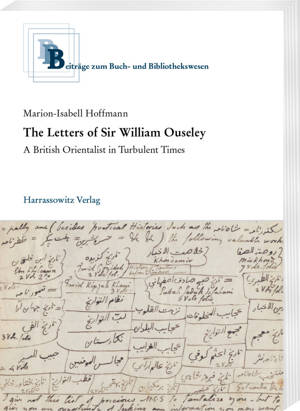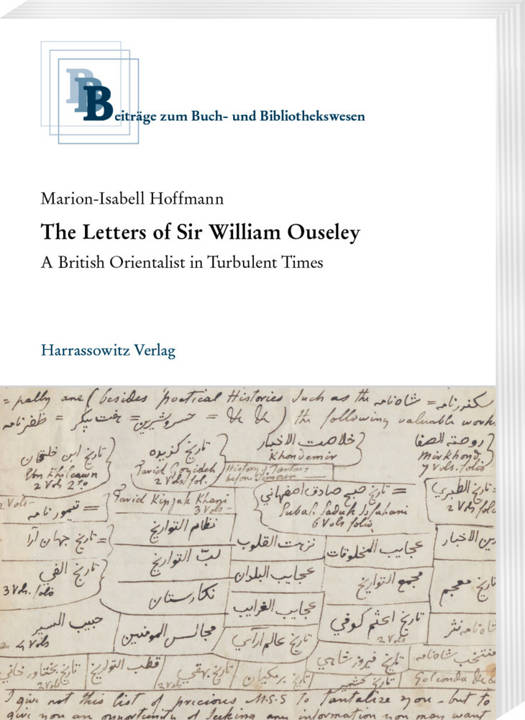
- Afhalen na 1 uur in een winkel met voorraad
- Gratis thuislevering in België vanaf € 30
- Ruim aanbod met 7 miljoen producten
- Afhalen na 1 uur in een winkel met voorraad
- Gratis thuislevering in België vanaf € 30
- Ruim aanbod met 7 miljoen producten
Zoeken
€ 57,45
+ 114 punten
Omschrijving
From the second half of the eighteenth century, a growing interest in Oriental studies developed in the British Empire, and important contributions by numerous scholars to this field date from this period. One of the most significant of these scholars was Sir William Ouseley (1768-1842), who is best known today for his three volumes of Travels in Various Countries of the East, More Particularly Persia (1819-1823). But he was also a prolific author of important studies and editor of Oriental texts.Besides his publications on Oriental subjects, Ouseley left behind an extensive and previously mostly unpublished correspondence with many important figures of the scholarly world of his time, both in Britain and abroad. This corpus of letters comprises 111 letters covering different fields of Oriental studies (such as philology and literature), antiquarianism, publication and manuscript collection. An important aspect of his correspondence is the connection between scholarly and private matters with the latter providing fascinating insights into the historical context of his time. The particular value of Ouseley's letters lies not only in their national and international character, but also in their integration in a constituted network.
Specificaties
Betrokkenen
- Auteur(s):
- Uitgeverij:
Inhoud
- Aantal bladzijden:
- 208
- Taal:
- Engels
- Reeks:
- Reeksnummer:
- nr. 72
Eigenschappen
- Productcode (EAN):
- 9783447121798
- Uitvoering:
- Paperback
- Afmetingen:
- 170 mm x 15 mm
- Gewicht:
- 454 g

Alleen bij Standaard Boekhandel
+ 114 punten op je klantenkaart van Standaard Boekhandel
Beoordelingen
We publiceren alleen reviews die voldoen aan de voorwaarden voor reviews. Bekijk onze voorwaarden voor reviews.







